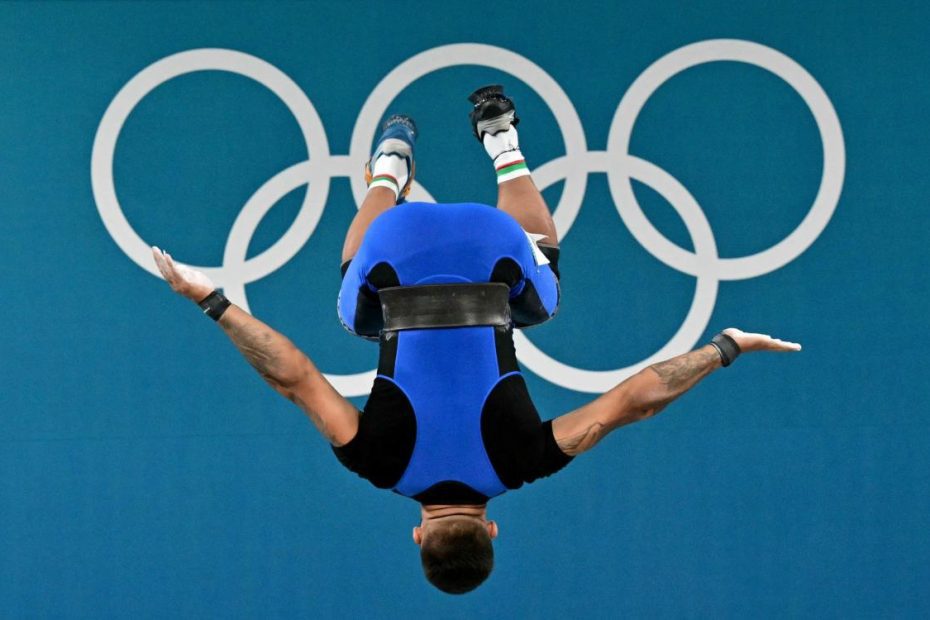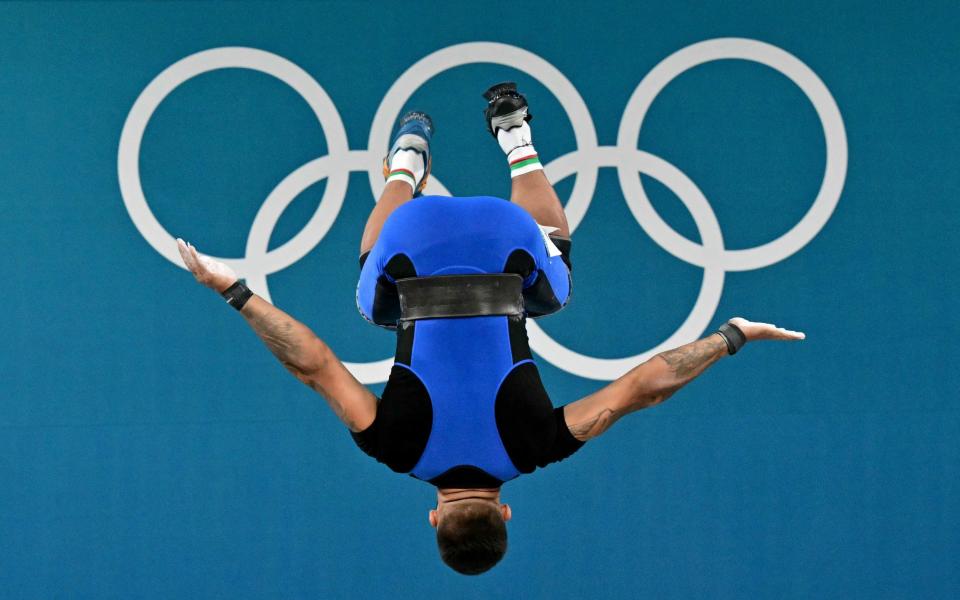
Click here to view this content.
It is often said that Paris would be a beautiful place if there were no Parisians.
It's a cheap joke and – judging from my annual visit to Roland Garros – largely unfounded.
But the theory has been put to the test over the past two weeks, as ordinary residents of the city have fled like extras in a disaster movie.
“My office is running at maybe 20 or 30 percent of capacity,” said a friend who works in a research lab in the sought-after Montparnasse district. “They did say we could work from home during the Games, but I suspect many of them have already left the city.”
Even President Macron followed suit. After declaring the Games open, he showed up for a few events – notably the swimming, where four-time gold medalist Léon Marchand became a national hero – but spent most of the two weeks at his country retreat: an island fortress off the Mediterranean.
Only we, the Olympic tourists, are left behind: a million cuckoos in Baron Haussmann's beautiful nest.
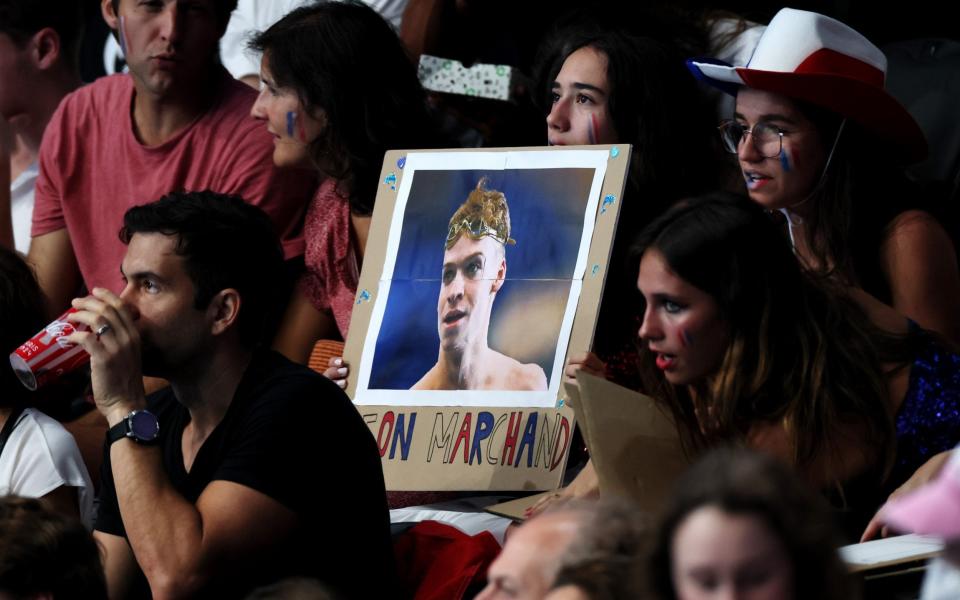

There is no denying that Paris 2024 was a magnificent Olympiad, one of the three best modern Games, alongside London 2012 and Sydney 2000. Yet the truth is that most residents will have barely seen a ball being kicked, an oar being pulled or a javelin being thrown.
The business districts are traditionally empty for the entire month of August, a period when tourists have the Tuileries to themselves. During high season, the only Parisians not sunbathing on the Riviera are those working in the hospitality industry.
This year, the exodus began a week earlier to avoid disruption caused by impassable bridges and closed metro stations near central Olympic venues such as Place de la Concorde.
A similar phenomenon was predicted before the 2012 Olympics, and indeed most Londoners knew friends who ran faster than Mo Farah – whether through the reward of high rents or the stick of expected public transport chaos.
But you never got the feeling, as you do here, that the restaurants were populated exclusively by foreigners. I've eaten next to orange-clad Dutchmen, Americans chattering at 100 decibels, and a Chinese party who, judging by their panic, had never seen a wasp. Far from curling their lips in the expected manner, waiters have mostly smiled and produced English menus.
And yet it is not as if the Games have been stateless. They have retained a distinctly French flavour, with home prospects fuelled with genuine verve.
In another echo of London, the venues were electric, with every seat occupied, every fan invested and every nerve racked. It’s just that the patriots largely come from the provinces.
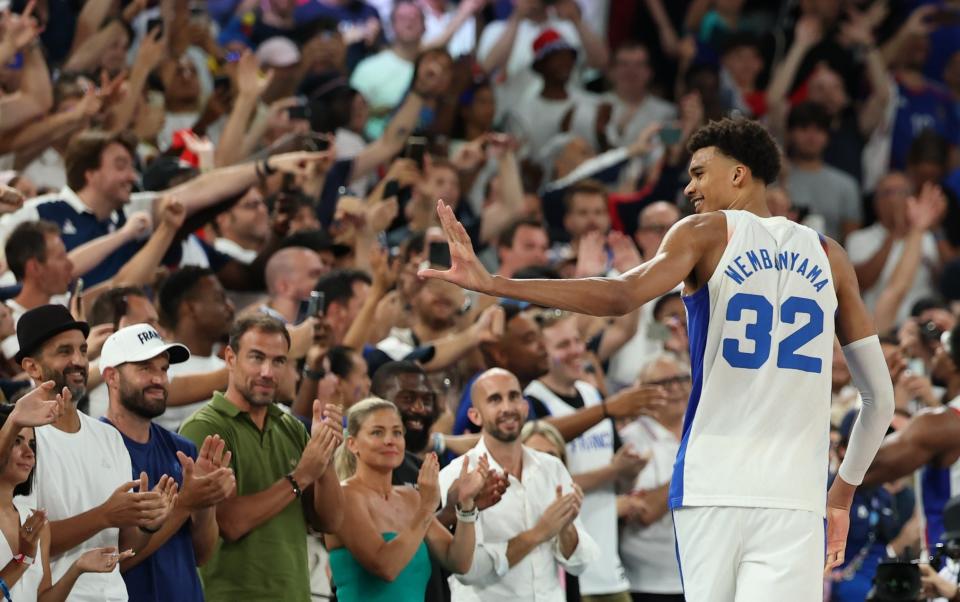

According to the Paris Tourism Office, 1.73 million international visitors and 1.63 million day trippers visited in the first week of the Games, most of them from as far-flung regions as the Gironde, Loire-Atlantique and Haute-Garonne.
Have the Olympics boosted the city’s economy? It’s hard to say. Anecdotal reports from restaurant managers—whose sales are down from normal summer levels—contradict more optimistic data from government agencies.
Either way, the spectacular TV footage should prove a worthwhile investment in the long run. Emily in Paris can’t compete with the fencing beneath the glittering dome of the Grand Palais.
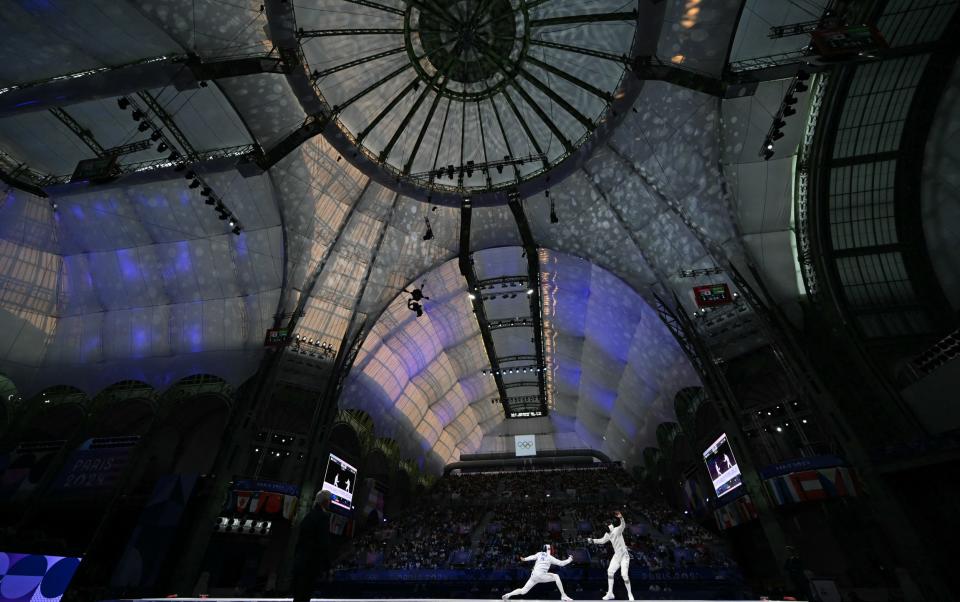

Another accusation often levelled at the French – more justifiably than the cliché of the ‘grumpy waiters’, in my experience – is that they are surprisingly miserable for a country with so much to celebrate. As travel journalist Sylvain Tesson once put it: “France is a paradise inhabited by people who think they are in hell.”
But after a few turbulent years for this city, marked by the yellow vests protests and the rise of the Rassemblement National, the mood here is unusually cheerful. “I haven't seen the city so carefree and cheerful for a long time,” wrote a Parisian reporter abroad on X.
The two-week party continues to buzz like the breakdancing as the closing ceremony approaches. The volunteers have been exceptionally charming, the massive police presence has scared off any miscreants, and the undisputed star of the Games is Paris’ integrated transport system, which takes you anywhere within the Boulevard Périphérique. [France’s answer to the M25] in half an hour.
In the long term, one suspects that the French will repeat the British reaction to London. They will look back on these Games as a triumph and celebrate their wonderfully insane opening ceremony as a high point for French-speaking culture.
Even among absent residents, reports of rampant FOMO are starting to filter in. “I watched the first week of events on TV and I absolutely regretted it,” artist Guillaume Sardin said in an interview with Conde Nast Traveller.
Still, it’s the nature of the French to whine. And it won’t take long for them to get over it. A notoriously nonchalant bunch, most Parisians would probably claim they were here all along.
Broaden your horizons with award-winning British journalism. Try The Telegraph free for 3 months with unlimited access to our award-winning website, exclusive app, money-saving offers and more.
